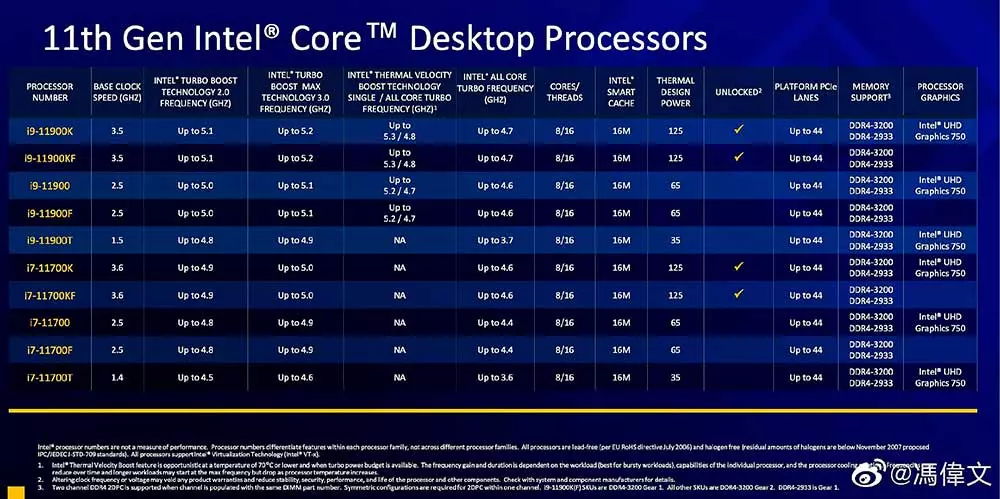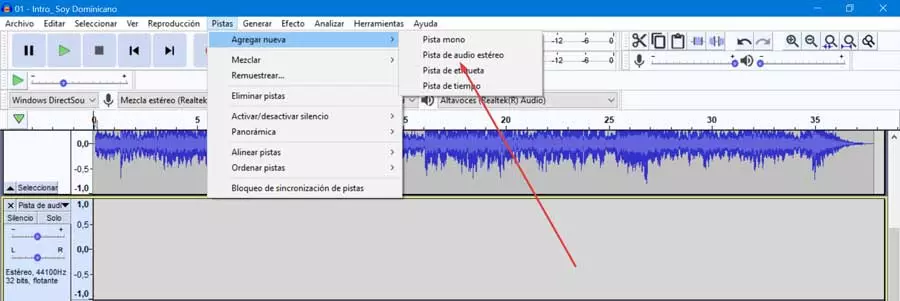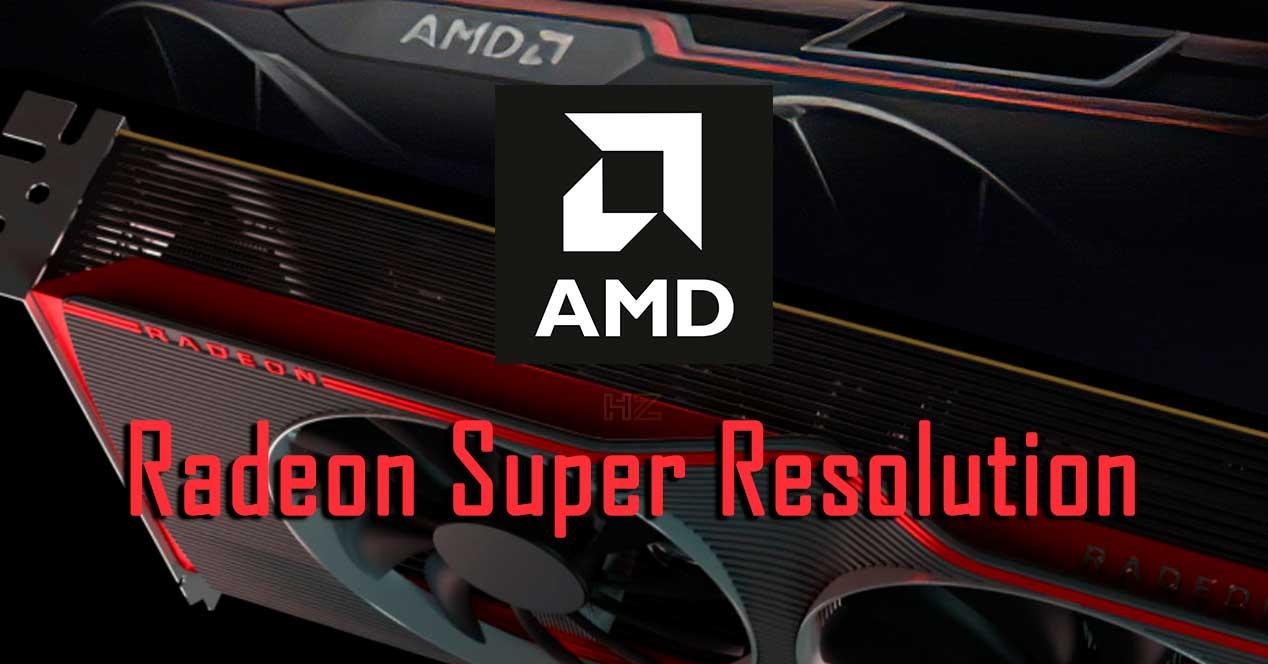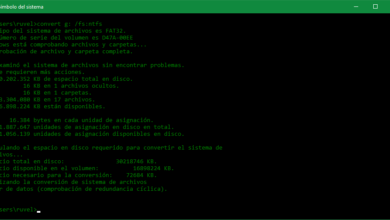
During the pandemic, many users decided to purchase a new PC or laptop. Well, now a big bug has been discovered that causes the file corruption in windows 11. The problem appear in teams with Intel Ice Lake, Tiger Lake, and Rocket Lake processorsas well as in the AMD Ryzen 5000 Series.
According to him issue described by Microsoft as KB5017259, the Windows 11 user might experience data corruption. It seems that the problem is with the new hardware data encryption accelerator. It’s not an Intel and AMD issue actually, it’s an operating system issue.
Windows 11 would be damaging user data
It seems that the problem would be in the Vector Advanced Encryption Standard (VAES). This is the most current AES encryption standard and these extensions would be affected by the issue:
- Modified codebook mode based on AES XEX with Ciphertext Stealing (AES-XTS)
- AES with Galois/Counter Mode (GCM) (AES-GCM)
Intel Ice Lake (Xeon processors), Tiger Lake (11th Gen for laptops) and Rocket Lake (11th Gen for desktops) processors and the AMD Ryzen 5000 Series would be too modern. The problem would be in the new code paths for the Symcrypt library. Because of this, the written data may have errors, so it may be damaged, corrupted, or lost.
Microsoft has not given much more information about it. They simply indicate that, to avoid data corruption, install the latest updates. Mainly it is requested to install the preview version on May 24 and the security update on June 14.
No information is given about what to do if we have suffered data corruption due to this problem. Simply from Microsoft they recognize the error and little else.
The positive is that we should not have problems unless we use encryption applications such as BitLocker or TLSamong other.
System slowdown patch
If there was anything missing from this story, it’s that Microsoft acknowledges that this could generate “possible slower performance«. It seems that the first tests that have been carried out by some users indicate that the time for encryption is doubled, which is quite annoying. This mainly affects the performance of the hard disk, which is reduced due to the adjustments in the library paths.
For those who notice significant performance impact, there are workarounds that mitigate the impact somewhat. The Updates on June 23 and July 12 seem to mitigate the performance loss a bit. However, it is possible that future updates will correct most of the performance loss, since it seems to be a patch released in a hurry.
For all those who have Windows 11 and any of the mentioned processors, what remains is to upgrade or move to Windows 10. If you do not use encryption applications such as those mentioned, in principle, you should not have noticed the problem. In any case, it is a fairly important failure on the part of Microsoft, which, as we can see, has given the least amount of information possible about it.




